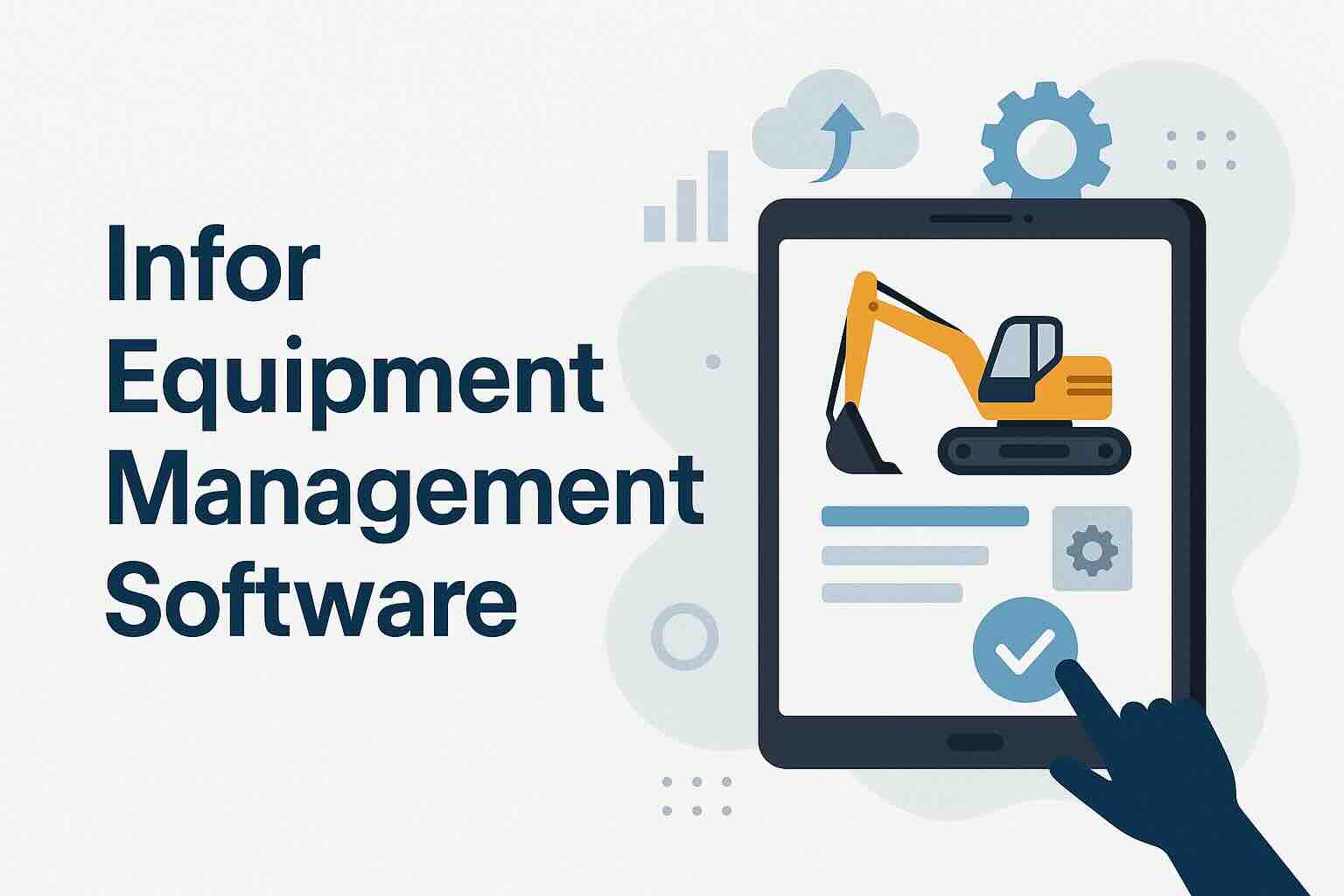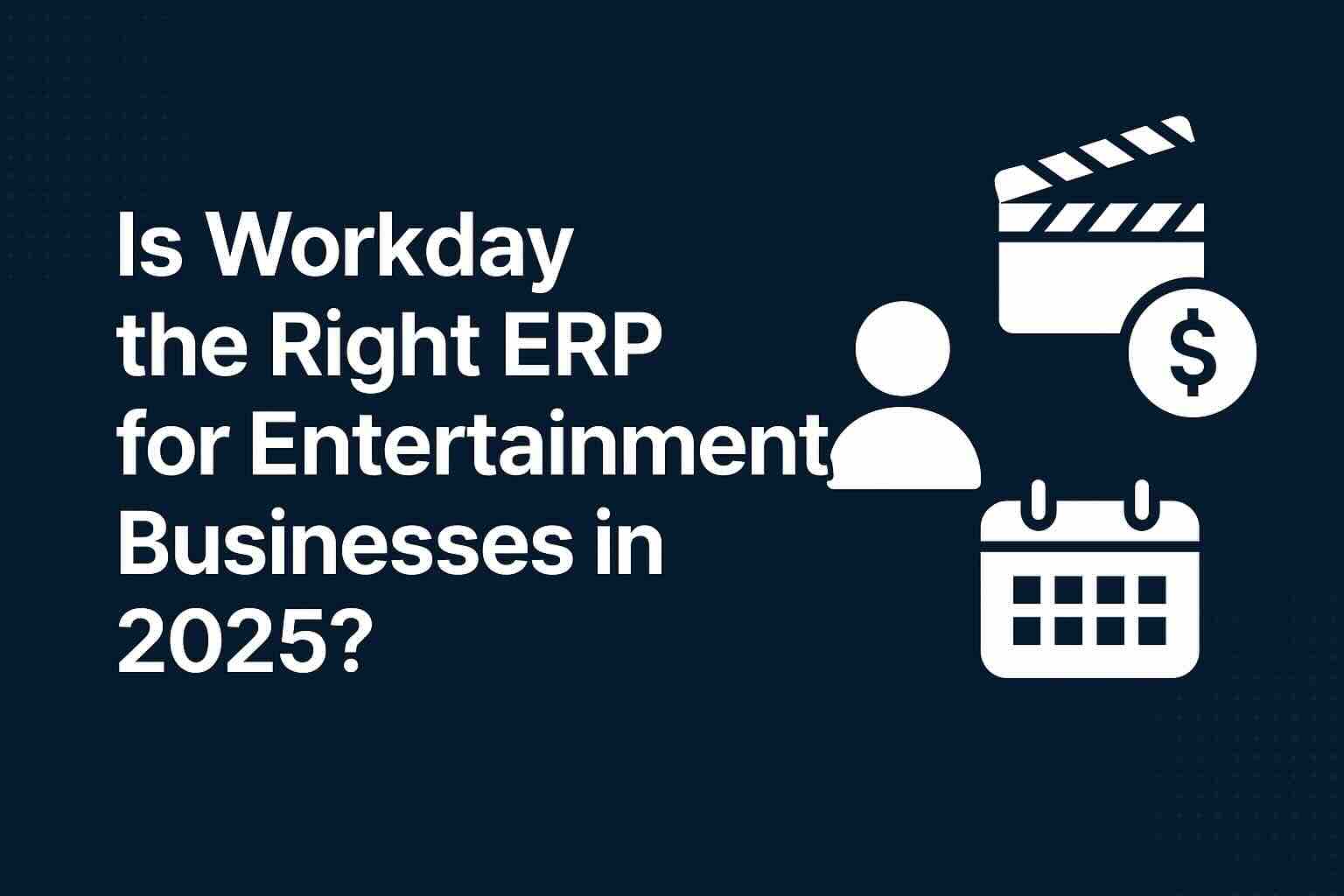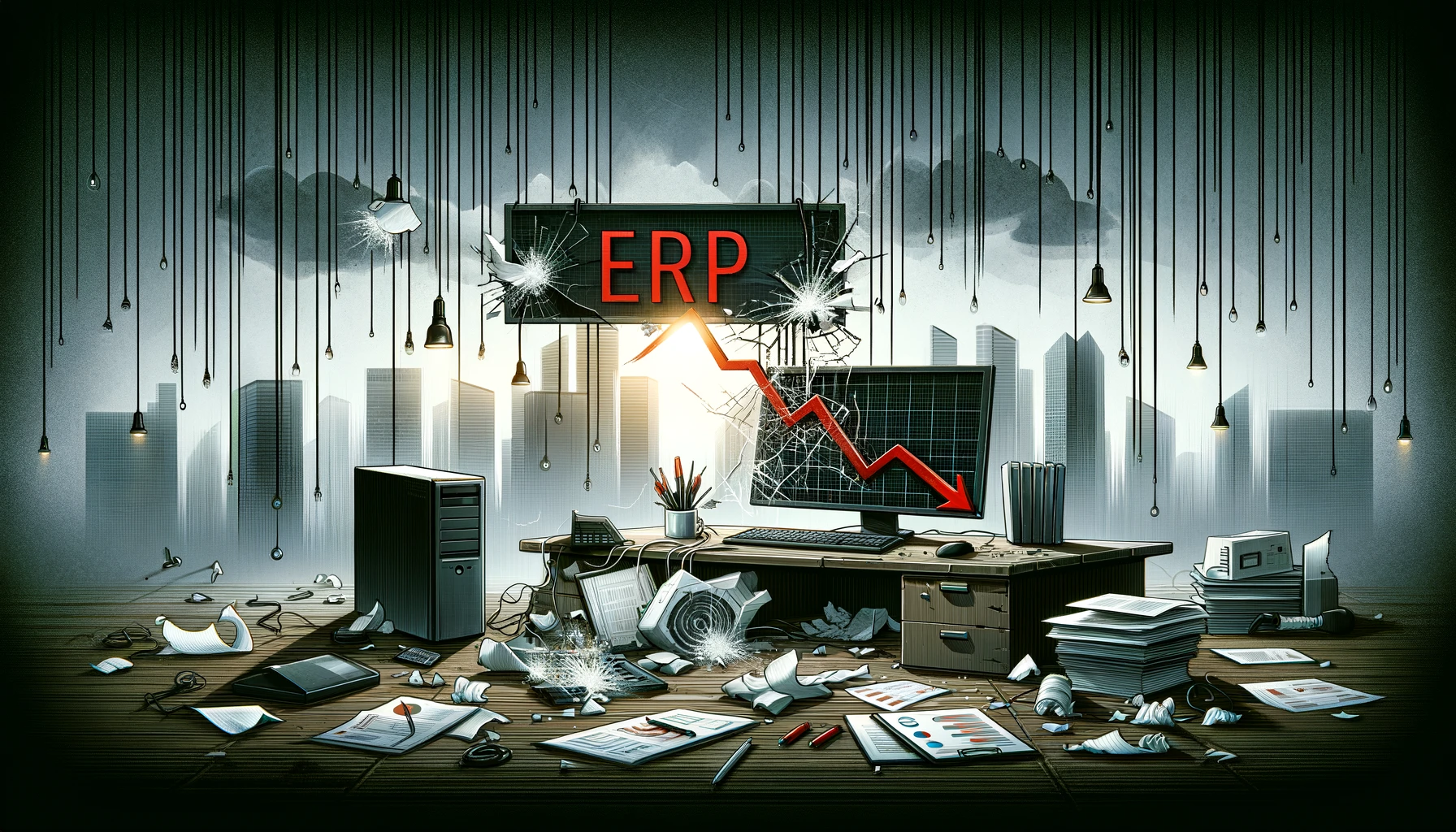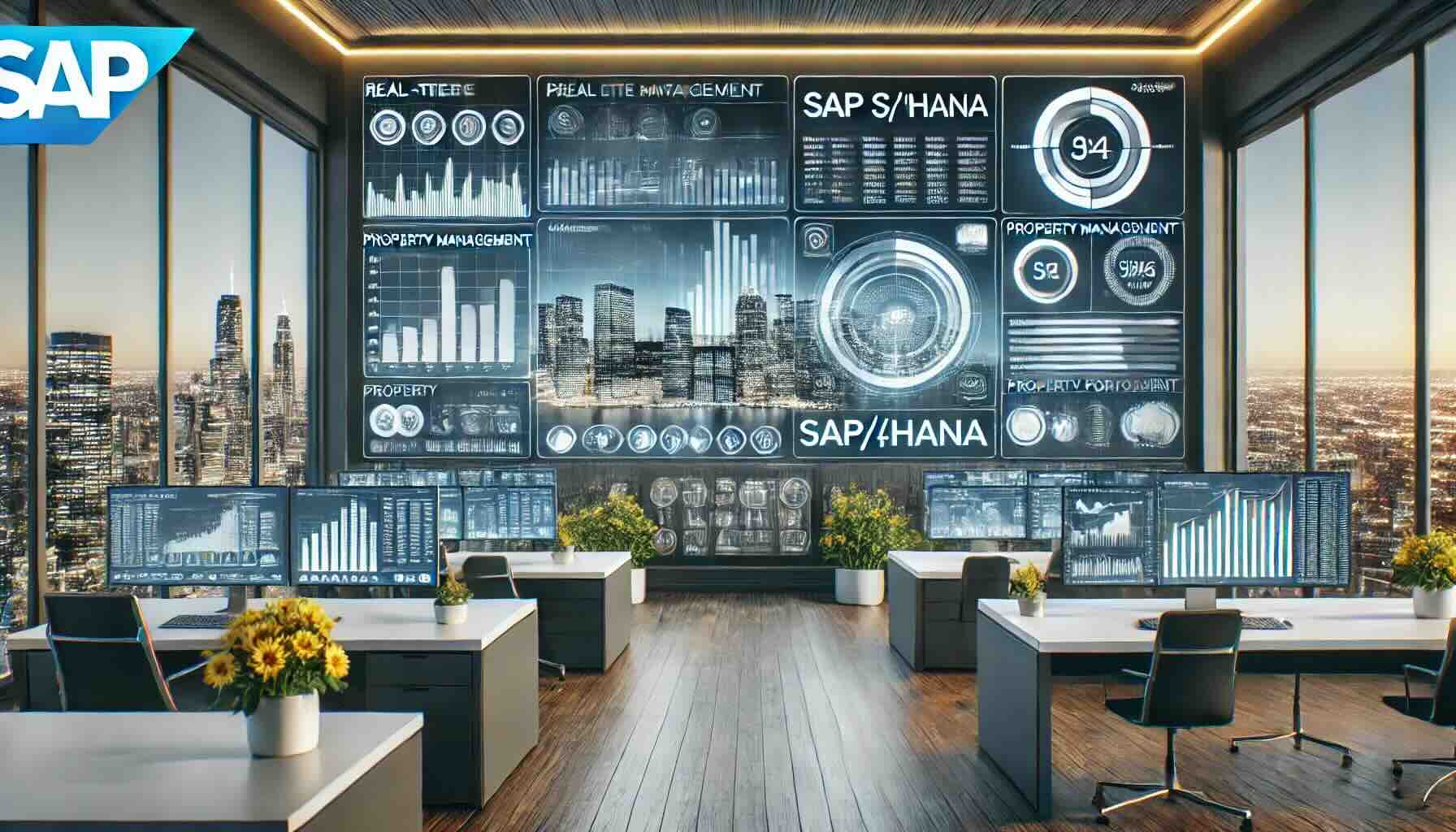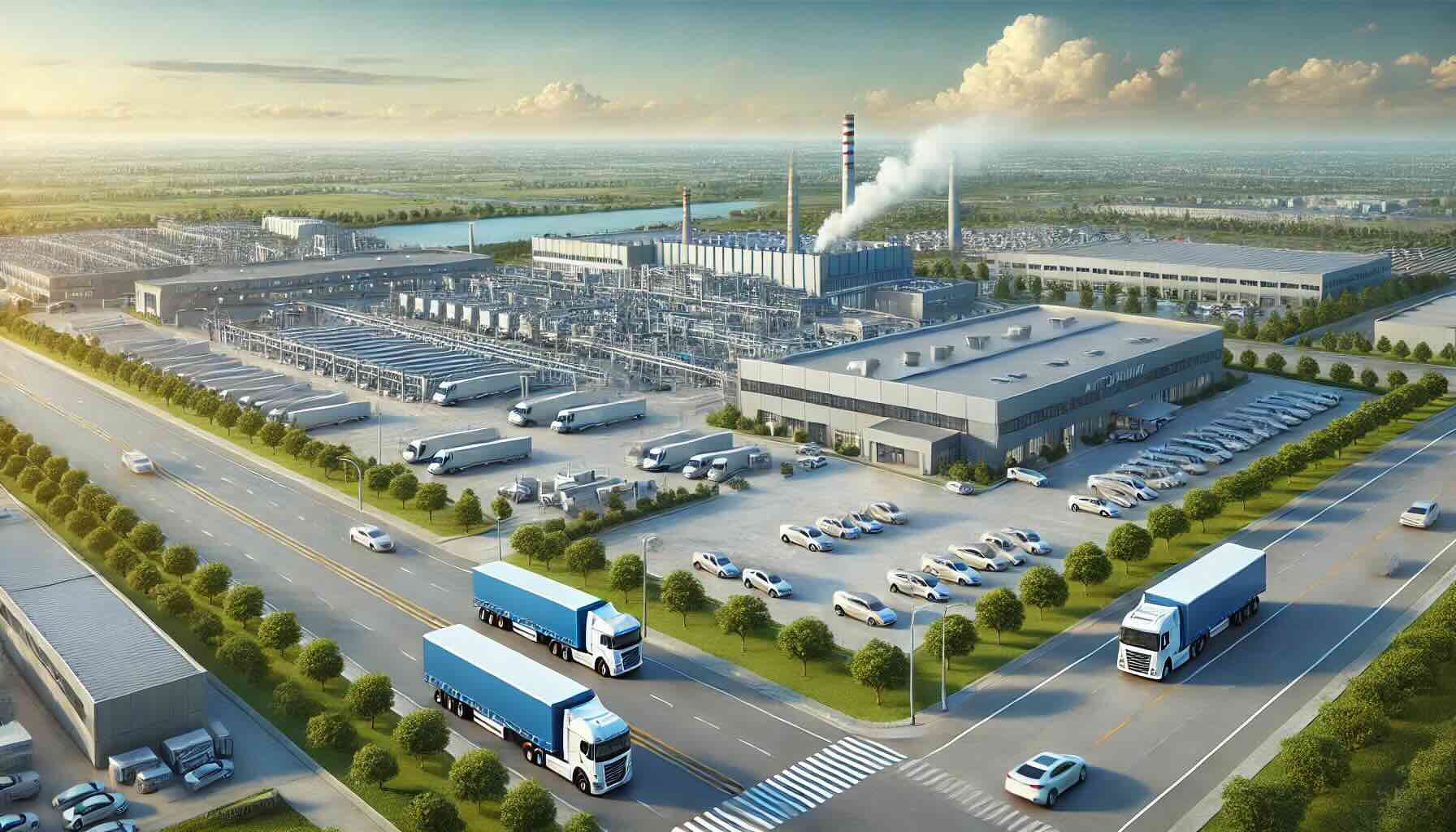Best ERP Software for the Construction Industry

In the rapidly evolving construction industry, managing projects, resources, and finances efficiently is crucial for success. Enterprise Resource Planning (ERP) software has become an indispensable tool for construction companies looking to streamline their operations and enhance productivity. With a plethora of options available, choosing the best ERP software for construction can be challenging. In this blog, we’ll explore some of the top ERP solutions tailored for the construction industry, detailing their pros and cons to help you make an informed decision.
Why ERP Software is Essential for Construction
Before diving into the best ERP software for construction, it’s important to understand why ERP systems are vital for the industry. Construction projects involve numerous stakeholders, complex timelines, substantial budgets, and a variety of resources. ERP software integrates these aspects into a unified system, providing:
- Improved Project Management: Centralized control over project timelines, resources, and milestones.
- Enhanced Financial Management: Real-time tracking of costs, budgets, and financial performance.
- Better Resource Allocation: Efficient scheduling and utilization of labor, equipment, and materials.
- Streamlined Communication: Improved collaboration among teams and stakeholders.
- Compliance and Reporting: Ensuring adherence to industry regulations and generating accurate reports.
Top ERP Software for Construction
Here are some of the best ERP software solutions specifically designed for the construction industry, along with their detailed pros and cons:
1. Acumatica Construction Edition
Acumatica Construction Edition is a cloud-based ERP solution designed specifically for the construction industry. It offers comprehensive tools for managing projects, finances, and customer relationships. Acumatica stands out for its scalability and flexibility, making it suitable for small to mid-sized construction companies aiming to grow their operations. With an intuitive user interface and robust mobile capabilities, Acumatica ensures that construction teams can access critical information from anywhere, enhancing on-site productivity and communication.
Pros:
- Comprehensive Project Management: Offers detailed scheduling, tracking, and collaboration tools.
- Real-Time Financial Visibility: Provides accurate, real-time financial insights and reporting.
- Scalability: Flexible cloud-based platform that can grow with your business.
- User-Friendly Interface: Intuitive and easy to navigate.
Cons:
- Implementation Time: May require a significant time investment for full implementation.
- Integration Needs: Additional customization may be needed for seamless integration with existing systems.
2. Epicor for Construction
Epicor for Construction is an ERP solution tailored to meet the unique needs of the construction industry. It provides robust features for project management, financial management, and resource planning, helping construction companies manage complex projects more effectively. Epicor’s industry-specific functionality is designed to handle the intricate demands of construction projects, from job costing to subcontractor management. This makes it an excellent choice for medium to large construction firms looking to enhance their operational efficiency and profitability.
Pros:
- Industry-Specific Functionality: Tailored features for construction project management and financials.
- Scalable Solutions: Can be adapted to fit businesses of various sizes.
- Strong Support and Training: Comprehensive support resources and training programs.
Cons:
- Customization Costs: Customizing the software to specific needs can be expensive.
- Complexity: May have a steeper learning curve compared to other solutions.
3. IFS Cloud
IFS Cloud offers a comprehensive ERP solution with strong project management, asset management, and service management features. It’s designed to support the unique needs of the construction industry, enabling companies to integrate all aspects of their operations into one seamless platform. IFS Cloud excels in managing both the financial and operational sides of construction projects, ensuring that businesses can maintain control over their resources and timelines. Its flexibility in deployment options (cloud, on-premises, or hybrid) makes it a versatile choice for companies with varying IT infrastructure needs.
Pros:
- Integrated Asset Management: Combines project and asset management seamlessly.
- Flexible Deployment: Available as a cloud, on-premises, or hybrid solution.
- User Experience: Modern and intuitive user interface.
Cons:
- Implementation Complexity: Can be complex to implement, requiring dedicated resources.
- Cost: Higher initial investment compared to some other ERP solutions.
4. Oracle Cloud ERP
Oracle Cloud ERP is a robust, scalable solution that offers extensive features for financial management, project management, and analytics. It’s particularly suitable for large construction companies that require comprehensive ERP capabilities to manage their extensive operations. Oracle Cloud ERP provides advanced analytics and reporting tools that help companies gain insights into their performance and make data-driven decisions. Its seamless integration with other Oracle products and third-party applications makes it a highly flexible and powerful ERP solution for the construction industry.
Pros:
- Advanced Analytics: Powerful analytics and reporting tools.
- Scalability: Easily handles large-scale operations.
- Integration Capabilities: Integrates well with other Oracle products and third-party solutions.
Cons:
- Cost: Can be expensive, especially for smaller businesses.
- Complexity: May require specialized IT expertise for implementation and management.
5. Infor CloudSuite Construction
Infor CloudSuite Construction provides a comprehensive set of tools for managing construction projects, including project management, financials, and supply chain management. Designed specifically for the construction industry, Infor CloudSuite offers features that address the unique challenges faced by construction firms, such as managing subcontractors, tracking project costs, and ensuring regulatory compliance. Its cloud-based flexibility ensures that teams can access the information they need from anywhere, facilitating better decision-making and operational efficiency.
Pros:
- Cloud-Based Flexibility: Accessible from anywhere with internet access.
- Industry-Specific Features: Tailored specifically for the construction industry.
- Ease of Use: User-friendly interface with minimal learning curve.
Cons:
- Customization Needs: May require additional customization for specific business needs.
- Support: Support response times can vary.
6. SAP S/4HANA
SAP S/4HANA is a powerful ERP solution that offers extensive functionalities for construction companies, including project management, financial management, and procurement. It is known for its real-time data processing capabilities, which provide construction firms with up-to-date insights into their operations. SAP S/4HANA’s comprehensive features cover a wide range of business processes, making it suitable for large enterprises with complex needs. Its ability to process large volumes of data quickly helps construction companies stay agile and responsive to market demands.
Pros:
- Real-Time Data Processing: High-speed data processing and real-time analytics.
- Comprehensive Features: Covers a wide range of business processes.
- Scalability: Suitable for large enterprises with complex needs.
Cons:
- High Cost: One of the more expensive ERP solutions on the market.
- Complex Implementation: Can be challenging to implement and may require significant resources.
How to Choose the Best ERP Software for Construction
Selecting the best ERP software for construction involves considering several factors:
- Specific Needs: Identify your company’s specific requirements, such as project management, financial management, or resource planning.
- Scalability: Ensure the software can grow with your business and handle increased workloads.
- User-Friendliness: Choose a solution with an intuitive interface and robust support.
- Integration: Ensure the ERP software integrates seamlessly with your existing tools and systems.
- Cost: Evaluate the total cost of ownership, including implementation, training, and ongoing support.
Conclusion
Choosing the best ERP software for construction is a critical decision that can significantly impact your company’s efficiency and productivity. Solutions like Acumatica Construction Edition, Epicor for Construction, IFS Cloud, Oracle Cloud ERP, Infor CloudSuite Construction, and SAP S/4HANA offer a range of features tailored to the construction industry’s unique needs. By carefully evaluating your requirements and considering the factors mentioned above, you can select the ERP software that best fits your construction business, ensuring streamlined operations and sustained growth.
To compare these ERP solutions and many more, you can use our new AI-powered Compare ERP tool. It’s free to use and you get a guaranteed discount on your first year’s licence fees with a referral from Compare ERP.

